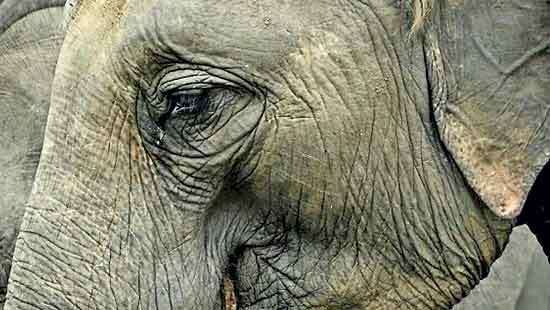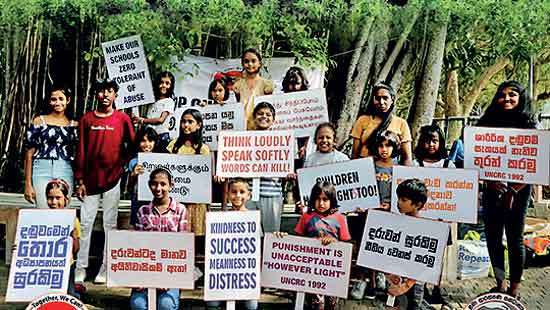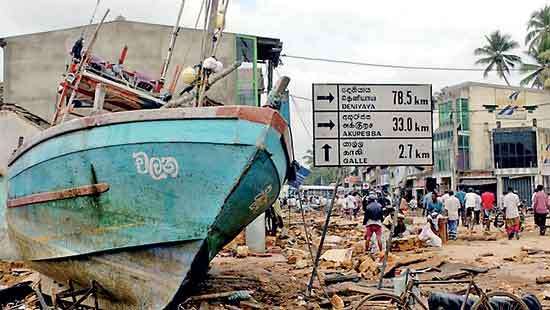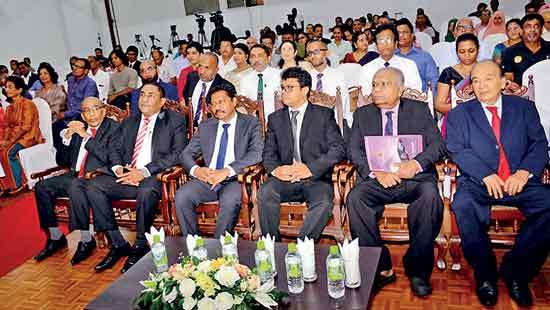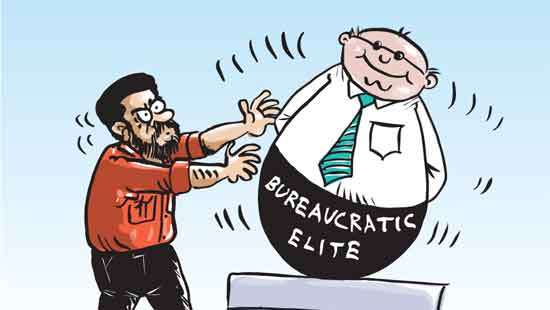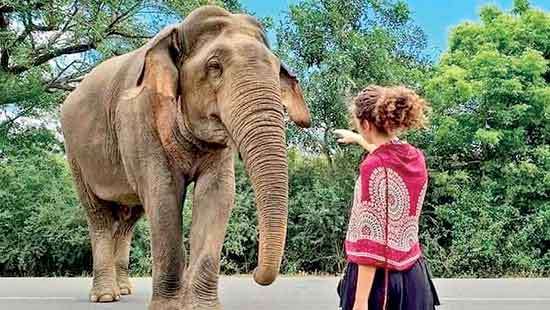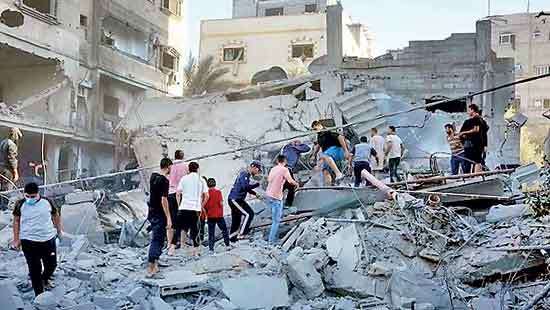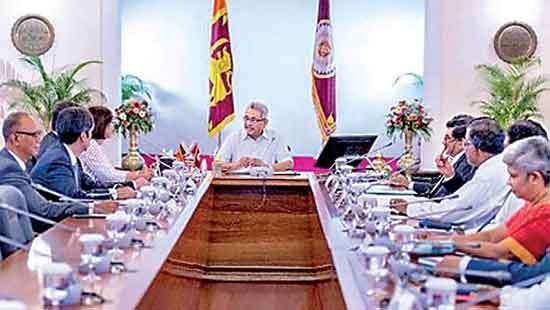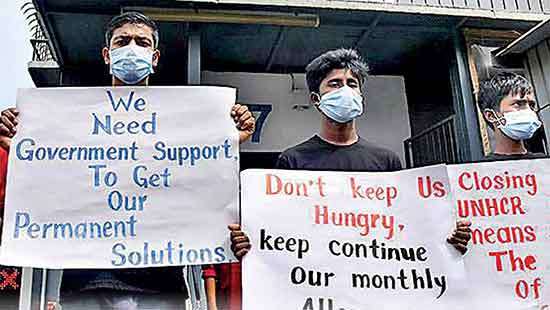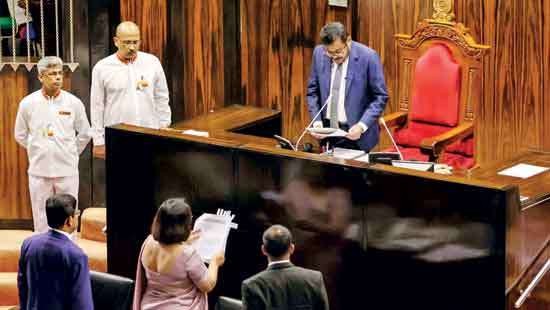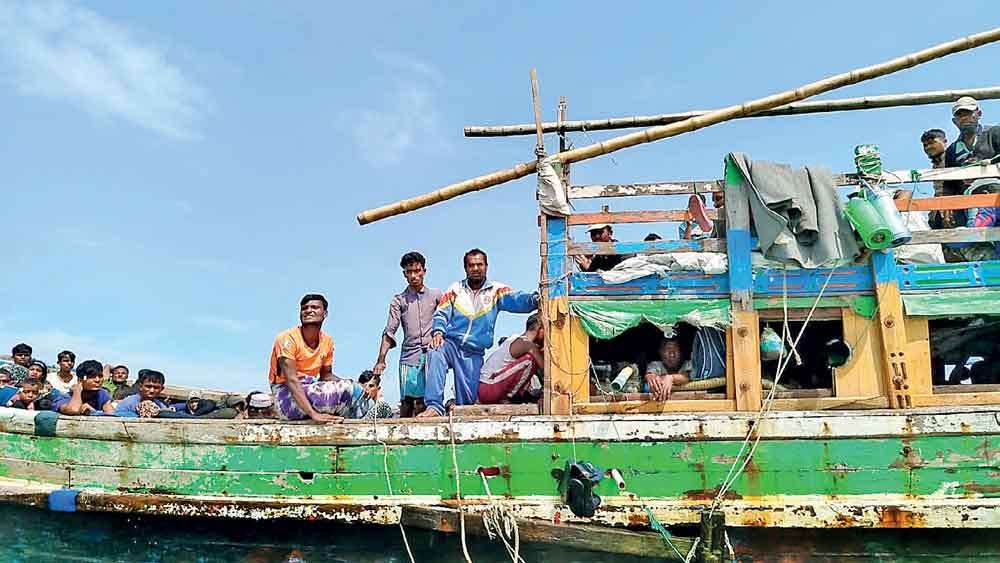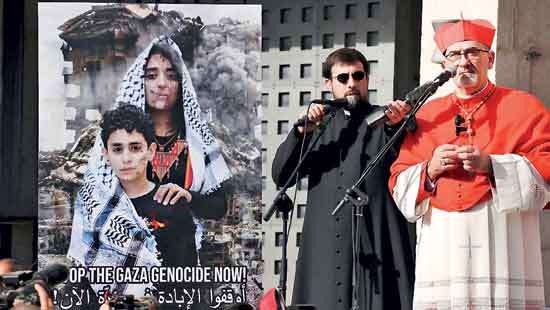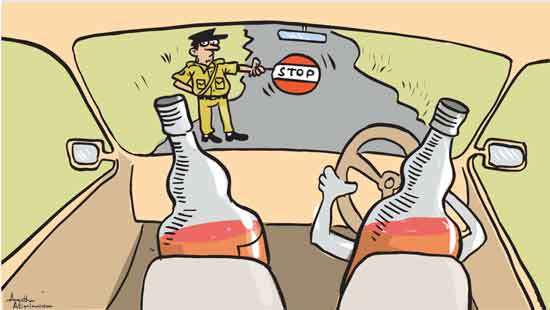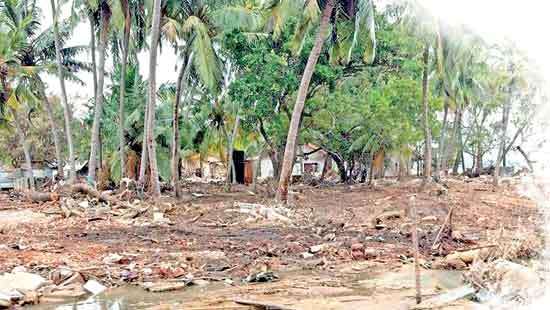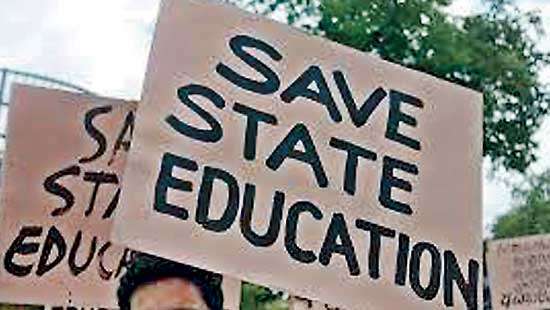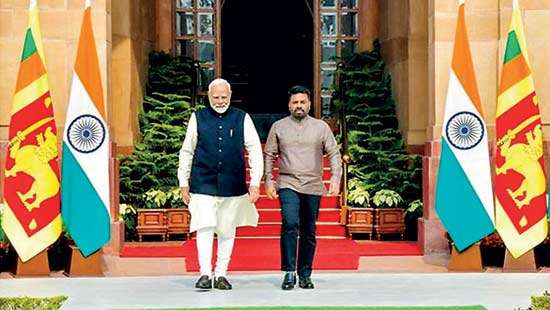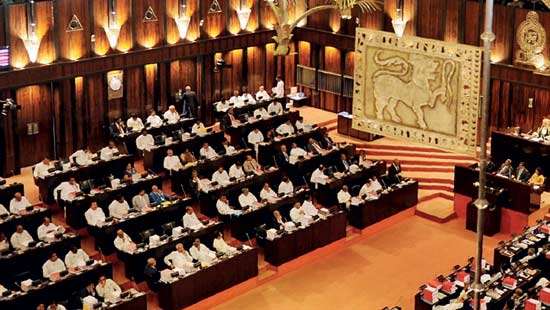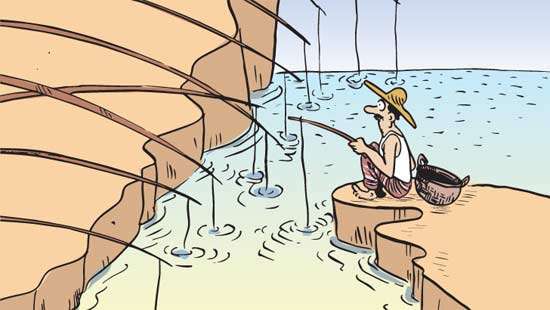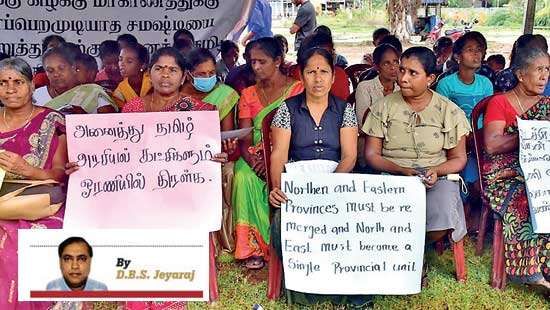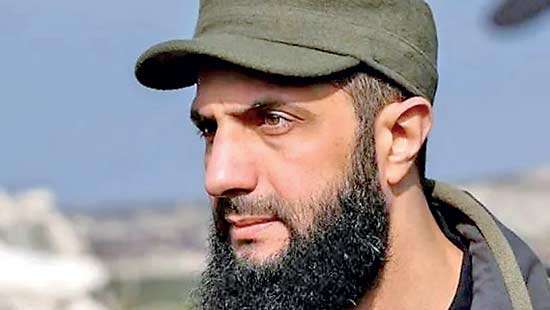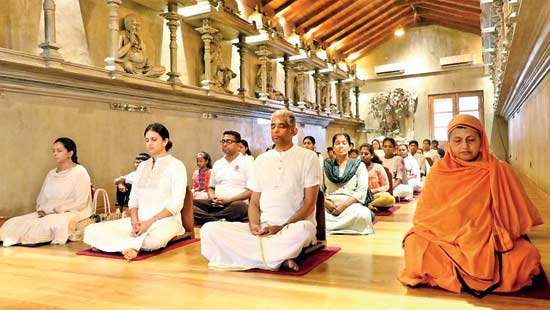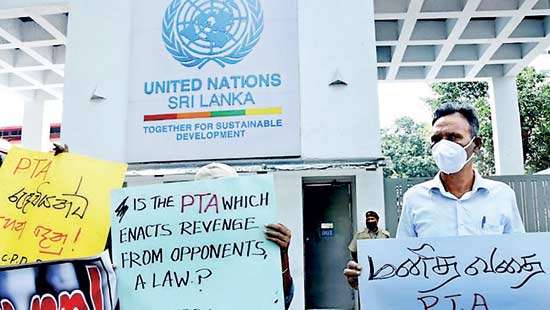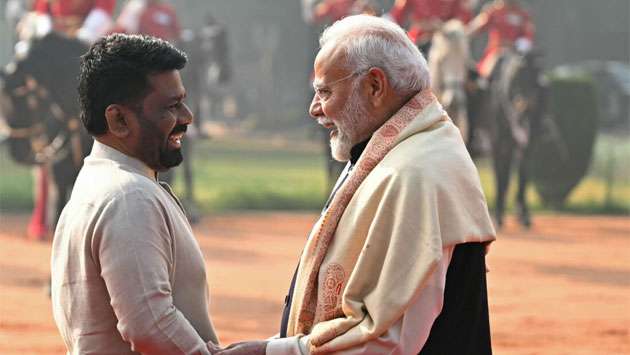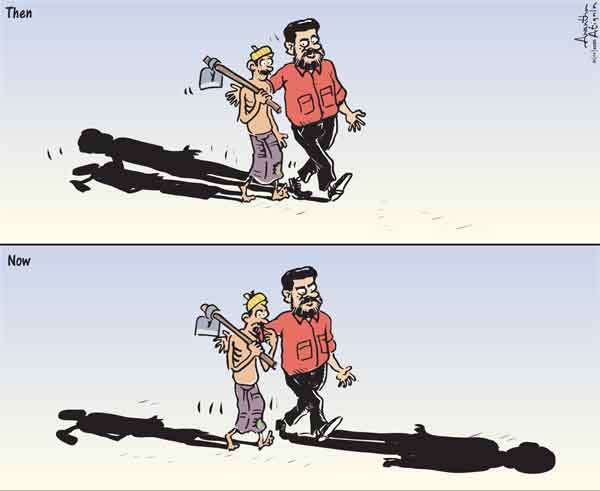Opinion
Elephant drives ; Is it a feasible solution to mitigate HEC?
01 Jan 2025
 4
4
Sri Lankan citizens have many hopes and aspirations towards the incumbent government which was elected to power through a large mandate. The incumbent government’s solution to mitigate the human-elephant conflict aims to implement a community-driven approach to mitigate the conflict by assessing elephant migratory patterns and their habitats based on biological interventions and new technological innovations. But it is rather unfortunate that thi
HOW CAN THE NEW GOVERNMENT BEST TAKE CARE OF OUR CHILDREN and YOUTH?
31 Dec 2024
 7
7
Stop Child Cruelty Trust (SCCT) and Child Protection Alliance (CPA) comprising of thirteen credible organisations committed to protect and promote the rights of children have appealed to President, Anura Kumara Dissanayake and the newly elected Government to elevate child welfare to the heart of national governance ushering a new dawn, firmly focusing on the true beneficiaries of the future: our children first.
Ten veteran journalists honoured at 69th Sri Lanka Press Association anniversary
31 Dec 2024
 0
0
The 69th Anniversary Convention of the Sri Lanka Press Association (SLPA) and D. F. Kariyakarawana Memorial Media Awards were held recently at the Sri Lanka Foundation Institute auditorium under the aegis of Deputy Minister of Health and Mass Media Dr. Hansaka Wijayamuni.
System change and bureaucracy -EDITORIAL
31 Dec 2024
 0
0
The novice government of President Anura Kumara Dissanayake seems to feel the heat of the lethargy and indifference on the part of the bureaucracy in the process of taking the country forward in its style. Recent statements by the President and several ministers on lack of cooperation by public sector officials clearly indicate the frustration of leaders over the issue.
The year 2024 looks scary; but the future looks worse
30 Dec 2024
 0
0
It’s always good to look back as the year draws to a close, take stock and sum up. But that should leave us with some good feeling, not just relief at having survived. In retrospect, 2024 looks scary, with much of the world in turmoil.
The JVP-led NPP Govt.’s Envisaged Constitution and the 13th Amendment
28 Dec 2024
 0
0
Sri Lanka’s newly elected President Anura Kumara Dissanayake has successfully concluded his first state visit to India from December 15 to 17. The optics of the three day visit to New Delhi has been hailed positively. President Dissanayake known popularly as AKD is the leader of the Janatha Vimukthi Peramuna as well as the JVP-led National People’s Power (NPP).
“Their bodies had to be thrown into the sea”: The heart-wrenching plight of Rohingya Refugees
28 Dec 2024
 2
2
A collective of 47 civil society organisations have issued a letter to President Anura Kumara Dissanayake requesting humanitarian asylum for Rohingya asylum seekers from Mynamar who recently arrived in Sri Lanka.
What can the recent Speaker’s resignation teach us about politics in the digital era?
27 Dec 2024
 5
5
With the advent of media and social media, people today are flooded with information, misinformation and disinformation, and it entails both upsides and downsides, particularly in a democratic society.
Don’t hate traffic cops for making you do a breathalyser - EDITORIAL
27 Dec 2024
 1
1
We love the police despite these law enforcement officers wearing an intimidating colour like khaki. Former IGP Pujith Jayasundara once mooted the idea of changing the police uniform to light blue, which is the colour of the police uniform in most European countries.
In the season of peace and dignity, whither Lanka?
25 Dec 2024
 0
0
Today is Christmas Day. For Lankan’s irrespective of religious or other beliefs it is, as customarily has been, a time for spreading goodwill, love and giving. It is widely celebrated as a time of peace. As this year comes to a close, there are many things Lankans can be proud of.
A roller-coaster of a year and finally hope
25 Dec 2024
 0
0
As a year that was a rollercoaster comes to an end, there are two positive developments. First, Sri Lanka completed sovereign bond restructuring and exited a restricted default. Second, the economy grew at 5. 5 per cent in the third quarter, outperforming forecasts by the IMF and rating agencies. It defied the predictions of a slowdown, bettering the growth numbers of the last two quarters, which grew at 4.7 per cent and 5.3 per cent.
After the PTA: ATA or nothing?
23 Dec 2024
 1
1
The National People’s Power (NPP) was unequivocal in its manifesto about rescinding the current Prevention of Terrorism Act (PTA), describing it as “oppressive.” Yet, while other legislation such as the Proceeds of Crime Bill are moving forward with Cabinet approval, there is no movement on the PTA.
President Disanayaka’s visit to India: Opportunities, challenges, and the path ahead
23 Dec 2024
 1
1
In December 2024, Sri Lanka’s President, Anura Kumara Disanayaka, embarked on a state visit to India, underscoring the deep historical, cultural, and strategic ties that bind the two neighboring nations.

Rapid growth recorded in passenger, aircraft, cargo movements in 2024: AASL
23 Dec 2024
 0
0

Vehicle prices will rise initially, then gradually decrease: President
23 Dec 2024
 0
0

Netflix to raise prices as new subscribers soar
23 Dec 2024
 0
0

CBSL identifies 21 companies engaged in prohibited schemes
23 Dec 2024
 0
0

Trump launches cryptocurrency with price rocketing
23 Dec 2024
 0
0

Don’t panic over foggy conditions, advices medical specialist
23 Dec 2024
 0
0


